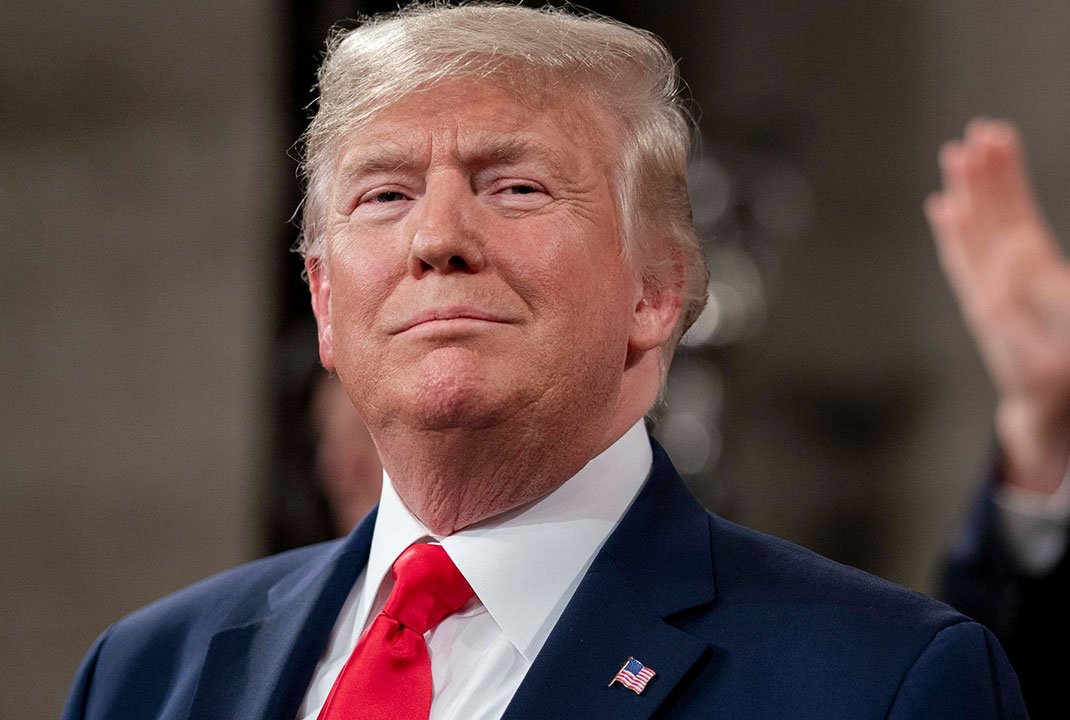
Trump’s Approval Rating Declines Amid Economic Concerns
President Donald Trump’s approval rating has dipped as concerns over the economy and its impact on personal finances grow. Recent polls indicate that 44% of Americans approve of his performance, marking a decline from previous highs.
Economic Policies Spark Debate
The administration’s latest economic policies have triggered widespread discussion:
Tariff Actions
On February 1, 2025, President Trump signed executive orders imposing:
- 25% tariffs on imports from Canada and Mexico
- 10% tariffs on goods imported from China
These measures aim to correct trade imbalances and address national security concerns.
Federal Workforce Layoffs
Elon Musk, head of the Department of Government Efficiency (DOGE), has led mass layoffs across several federal agencies, including the National Nuclear Security Administration.
While intended to reduce bureaucratic waste, these cuts have sparked concern about their impact on essential government services.
Inflation and Public Sentiment
The latest inflation report shows a 3% annual increase in prices since November 2024, driven by rising gasoline and consumer goods prices.
Economists warn that the administration’s tariff policies may further increase inflationary pressures.
Public Opinion and Approval Ratings
Despite economic challenges, some polls indicate that President Trump’s approval rating remains relatively strong. A CBS News poll reported his approval at 53%, suggesting that some Americans still support his economic leadership.
Federal Reserve’s Concerns Over Tariffs and Inflation
Federal Reserve officials are expressing concern that expanded tariffs could push inflation even higher.
Traditionally, the Fed would lower interest rates to counteract trade risks, but the current inflation environment complicates monetary policy decisions.
Global Relations and Economic Impacts
The administration’s trade policies have also affected international relations:
Ukraine-Russia War
Recent high-level discussions between the U.S. and Russia have focused on ending the Ukraine conflict.
However, President Trump’s proposal for new elections in Ukraine has been met with criticism, as Ukrainian President Volodymyr Zelensky reaffirms Ukraine’s right to self-defense.
Trade Disruptions and Retaliatory Measures
The new tariffs have led to growing tensions in global trade, with several affected countries threatening retaliatory measures.
This has raised concerns about potential economic instability and the risk of a trade war.
FAQ: Key Questions About the Latest Developments
Q: What are the latest updates on Trump’s approval rating?
A: Recent polls show a slight decline, with 44% of Americans approving of his performance, a drop from previous numbers.
Q: How have recent economic policies affected public opinion?
A: The imposition of tariffs and federal workforce layoffs have fueled debates over inflation and government services, shaping public perception.
Q: How is the Federal Reserve responding to inflation and tariffs?
A: The Federal Reserve is monitoring inflation closely and is concerned that expanded tariffs could further increase price pressures.
Q: How are U.S. policies impacting international relations?
A: Trade policies have strained global economic stability, with countries considering retaliatory tariffs, which may disrupt international trade.
Q: What could be the long-term effects of these economic policies?
A: The long-term impact could include prolonged inflation, weaker global trade relations, and service disruptions due to federal workforce reductions.
Join the Discussion
How are these economic policies affecting your daily life? Share your thoughts and experiences in the comments below!





